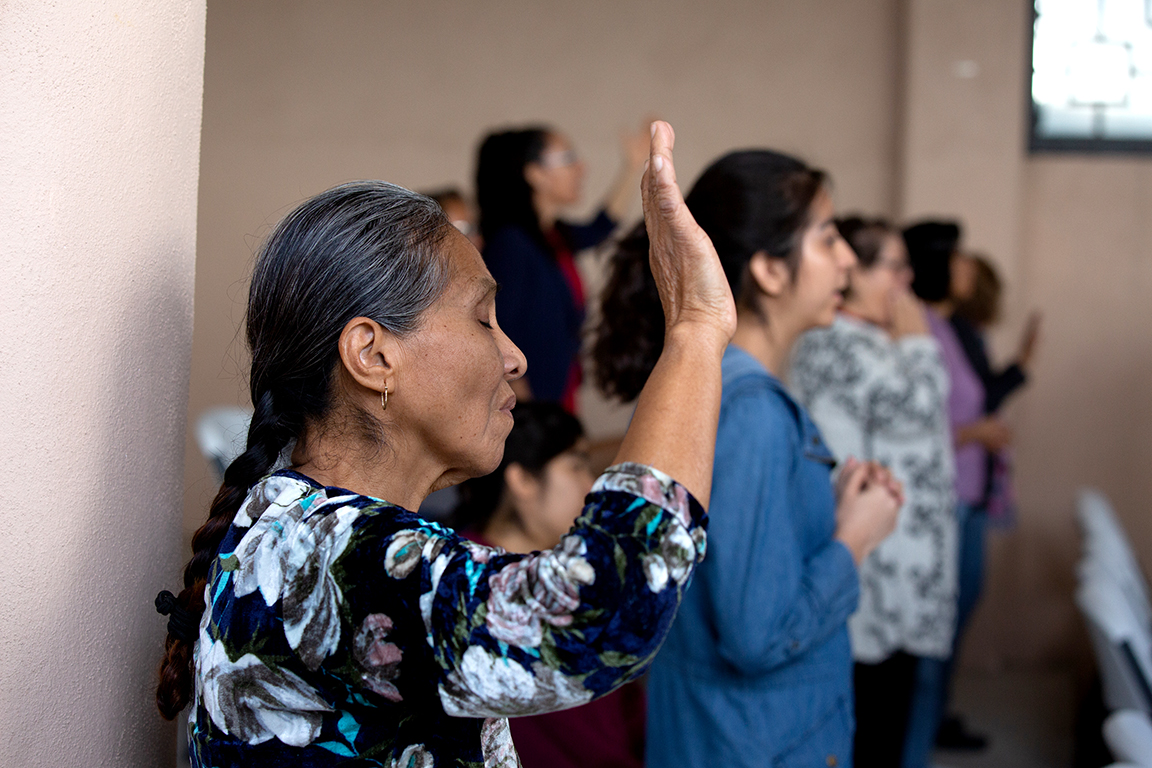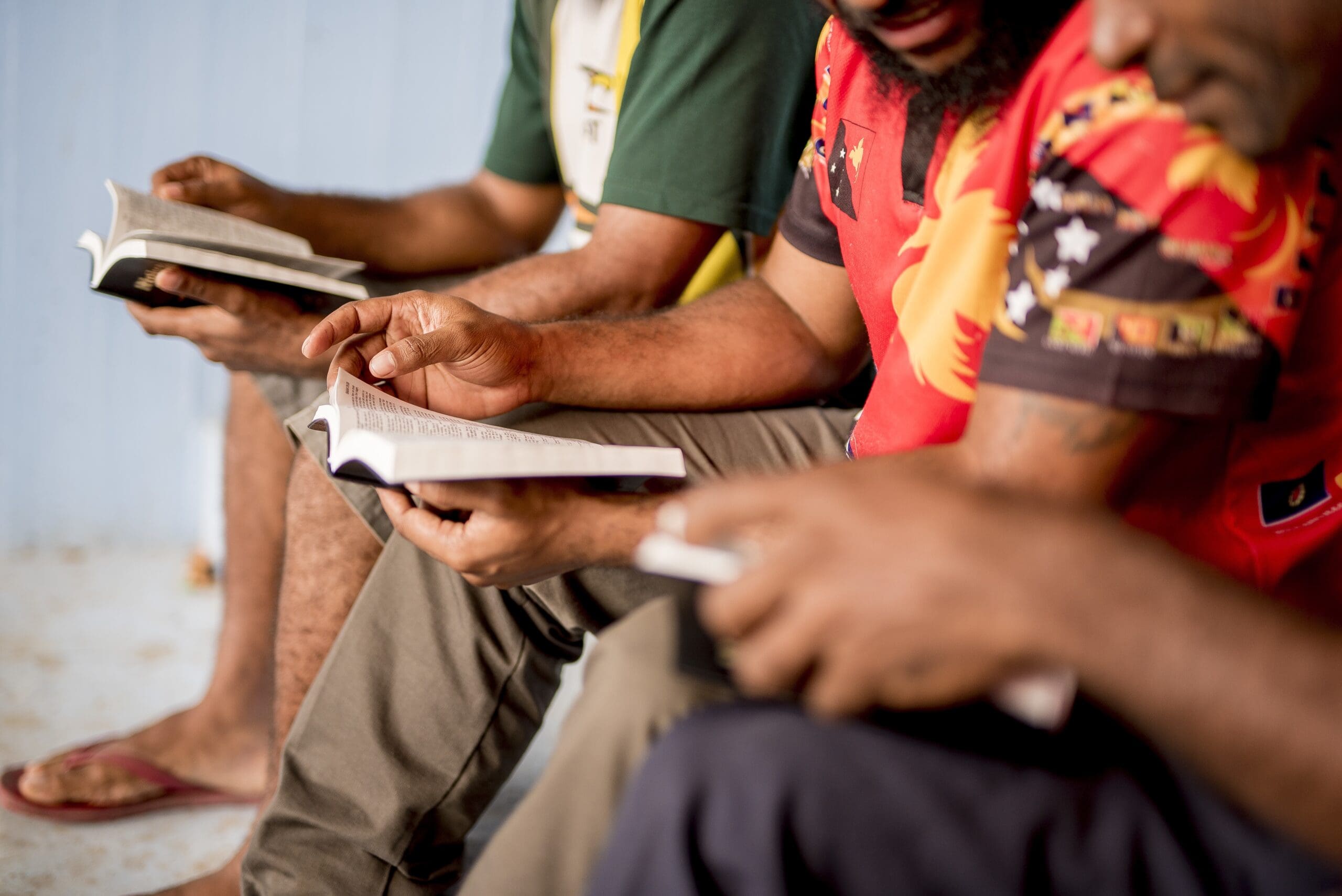
Becoming a Missionary, Missions Resources
How to Write an Awesome Support Letter
May 23, 2016
by Mark Watson

Writing a support letter can seem like the highest hurdle to overcome in the support-raising journey — until you have the right tools in hand. Here are some great tips and tricks to writing a fantastic letter with all the key components that will make “the ask” for support a success.
And once you’ve written your awesome support letter, be sure to download this Google template to keep track of your support team’s contact information and your financial progress.
Less is more.
Fit all the necessary information on one page, front and back. Period. Being clear and concise is key. Attention will wane if the letter is too long. You should leave your supporters wanting more information so that when you connect with them personally, you still have interesting details to share.
Make it visually appealing.
A large block of continuous text will surely land your letter in the “later” pile. Use these techniques to make your support letter visually compelling:
- Keep paragraphs short to increase white space on the page.
- Use headings and subheadings to guide your reader through the content.
- Bold key sentences to outline the main points for skim readers.
- Use bullet points to detail important facts, dates or figures.
- Include a photo of you or the place you will be serving.
- Use color, but sparingly.
If you don’t want to design your letter from scratch, try using a free template through Microsoft Word, Google Docs or Apple Pages. Ultimately, the point is not to distract your reader but to instill confidence in your supporter by showing that you care enough to create a clean, attractive and professional letter. And don’t forget to ask a friend to proofread your letter before your press print!
Personalize your letter.
Personal touches let your supporters know they are not just a name on list. In your letter, let your supporters know they are important to your ministry and your relationship matters. Consider including a handwritten greeting and signature. End your letter by expressing your gratitude for whatever support they give and if applicable, thank them for previous support.
Offer your personal contact information to make support raising a two-way street. Ultimately, people who feel connected to you and your future ministry are much more likely to support you. Ask them how you can be praying for them, too.
Explain the “why.”
In most cases, your supporters are investing in you, not just the work that is being done. Don’t just talk about what you’re going to do overseas, but why you’re going to serve, too. Helping your supporters understand your missions calling is critical. They want to know they are supporting kingdom work and partnering with someone who has a vision and a call to serve. No matter how impactful a project or ministry area may be, if your supporters don’t feel they can trust your motives behind going, they typically will not support you.
As you’re explaining your heart for the people you’re going to serve, remember to be respectful and humble. Do not portray your destination as destitute and lacking in physical or spiritual blessings in order to elevate the significance of your mission trip. Use phrasing that honors what God is already doing there, such as “partner with,” “work alongside,” and “learn from.” This kind of language inspires people to accept the invitation to become part of your vision, instead of guilting them into giving handouts.
Lay out the details.
1. Your spiritual need: Raising support is about more than just asking for money. Prioritize asking for prayer before asking for a financial contribution. Be specific, too. List four or five prayer requests for you and your ministry area. Include a prayer card as a tangible reminder for your supporters.
2. Your financial need: Be explicit about how much money you need. People are more likely to give to a precise goal than to a vague number range. When connecting personally, you may even want to break down costs into categories to show you have a responsible plan to spend the money that is donated.
3. Your financial deadline: Give a definite date for when you need the money. Many people read a letter, think about supporting, file the letter away and then simply forget. Emphasizing a deadline creates urgency for a response.
Make giving convenient.
List clear and easy steps on how to donate. Do you want people to donate online? Do you want supporters to send a check? Include the correct giving link, mailing address and any other instructions, like who the check should be made out to or what to put on the memo line.
If you want supporters to mail a check, include an envelope with a return address and stamp. People are more likely to respond if they don’t have to find their own envelope and stamp. You want to make responding to you as convenient for potential supporters as possible.
Go beyond the support letter.
Don’t rely solely on your letter as the answer to your fundraising needs. Follow up with your support network! Pick up the phone for a conversation, ask if you can visit and discuss the details of your trip in person or schedule a Zoom or FaceTime call. Ask your home church if you can have a few minutes during a service to speak about your exciting opportunity. Whenever you are given the chance, don’t be afraid to ask for support.
Ready to start tracking your support? Download our free template to help you organize potential supporters, note what steps you’ve taken and see graphs of how much you’ve raised so far.
![]()

